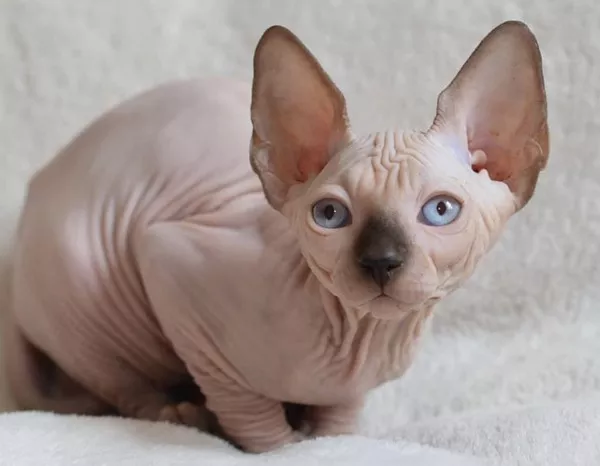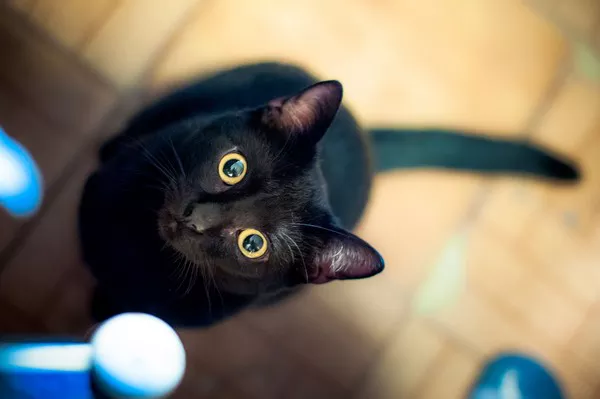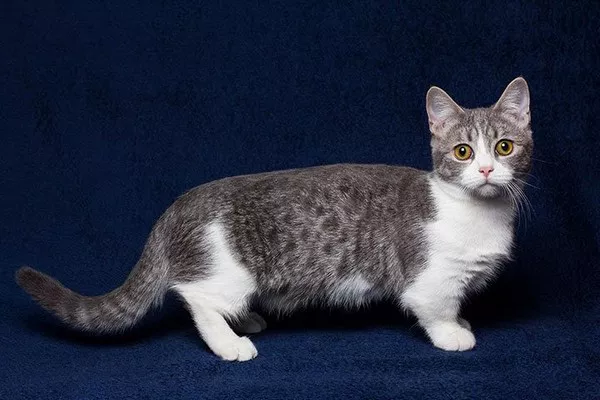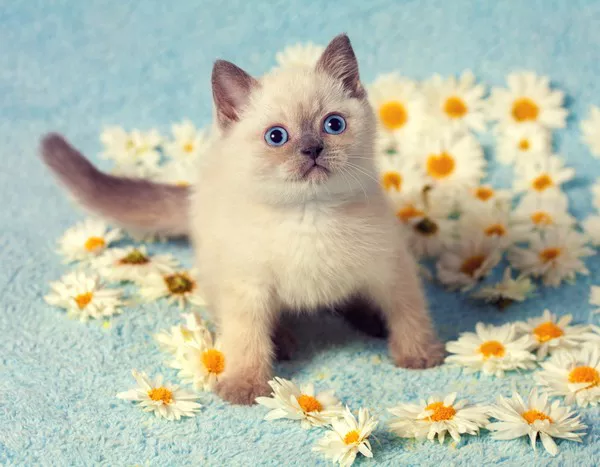Sphynx cats are unique and captivating creatures known for their lack of fur. These hairless felines require special care and attention to ensure their overall health and well-being. One crucial aspect of their care is providing them with a balanced and nutritious diet that meets their specific nutritional needs. In this comprehensive guide, we will explore everything you need to know about feeding a Sphynx cat, including dietary requirements, food options, portion control, and common feeding issues.
Understanding the Nutritional Needs of a Sphynx Cat
The Importance of a Balanced Diet: Sphynx cats, like any other feline, require a balanced diet that provides essential nutrients such as protein, fats, carbohydrates, vitamins, and minerals.
High-Quality Protein: Being obligate carnivores, Sphynx cats thrive on animal-based protein sources. Lean meats, poultry, and fish should form the foundation of their diet.
Healthy Fats: Incorporating healthy fats into their meals helps support skin health and provides a concentrated source of energy. Opt for sources like fish oil or flaxseed oil.
Limited Carbohydrates: Sphynx cats have a lower tolerance for carbohydrates, so it’s important to choose cat foods with limited or no grain content to prevent potential digestive issues.
Hydration: Sphynx cats may have higher water requirements due to the lack of fur, making it vital to provide fresh water at all times and consider incorporating wet food into their diet.
Choosing the Right Food for Your Sphynx Cat
Commercial Cat Food: Look for high-quality commercial cat food brands specifically formulated for adult cats. Check the ingredient list and avoid foods with fillers, by-products, and artificial additives.
Raw Feeding: Some Sphynx cat owners opt for a raw food diet, which mimics a cat’s natural diet in the wild. However, it is essential to consult with a veterinarian and follow proper food handling guidelines to minimize health risks.
Home-Cooked Meals: If you prefer preparing meals at home, it is crucial to work closely with a veterinary nutritionist to ensure your cat’s dietary requirements are met.
Treats and Supplements: Treats should only be given in moderation, and it’s important to choose healthy options that complement their main diet. Discuss any necessary supplements with your veterinarian.
Feeding Tips and Best Practices
Establish a Feeding Schedule: Sphynx cats thrive on routine, so it’s beneficial to establish a consistent feeding schedule to help regulate their digestion and prevent obesity.
Portion Control: Sphynx cats have a higher metabolic rate, making them prone to weight gain. Measure their food portions carefully and adjust according to their activity level and age.
Food Temperature: Sphynx cats may appreciate slightly warmed food, especially during colder months. Ensure it’s not too hot and always test the temperature before serving.
Slow Feeding Solutions: Consider using slow feeders or puzzle toys to promote mental stimulation and prevent rapid eating, which can lead to indigestion or vomiting.
Monitor Body Condition: Regularly assess your Sphynx cat’s body condition to ensure they maintain a healthy weight. Consult with your veterinarian if you notice any significant changes.
Conclusion:
Feeding a Sphynx cat requires careful consideration of their unique nutritional needs. Providing a balanced diet, choosing high-quality food, and following best feeding practices are vital for their optimal health and well-being. Remember to consult with your veterinarian for personalized guidance and to ensure your Sphynx cat receives the best possible care. With proper nutrition, you can help your beloved hairless companion thrive and live a long, healthy life.






















